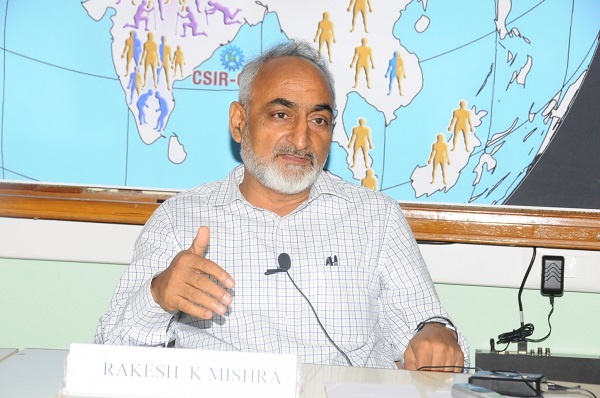Hyderabad, India’s two premier national institutes involved in the cutting edge biological research in genetics on Wednesday signed a Memorandum of Understanding (MoU) to address the genetic disease burden of Indian population.
CSIR-Centre for Cellular and Molecular Biology (CCMB) and Centre for DNA Fingerprinting and Diagnostics (CDFD) will work together to maximize the potential of both the institutes in human disease diagnostics.
CCMB director Dr. Rakesh K Mishra and CDFD director Dr Debashis Mitra signed the MoUs, the objectives of which include provision of quality DNA based diagnostic services to the public at lower costs, to develop newer diagnostic methods and to engage in scientific research to improve understanding of human genetic disorders.
The institutes have also mutually agreed to undertake training and educational activities in the field of genetic diagnostics.
According to a joint statement by the two institutes, more than 50 lakh babies are born each year with genetic disease in India.
“The burden of these disorders has its effects on the economic and social structure of the society. Most of these disorders are presently untreatable and for those which can be treated, the treatment is very expensive.
The only option to address this problem is the preventive approach which requires prenatal diagnosis and genetic counselling.
Genetic disorders form a major group of the non-communicable diseases. Congenital malformations and genetic disorders are the third commonest cause of mortality in neonates in cities.
They noted that the last few years witnessed tremendous changes in the field of genetics with rapid advancements in technology. The advent of efficient and affordable DNA sequencing technology has a direct impactAin improving the understanding of human disease, enabling better ways of diagnosis and treatment.
For more than two decades both CCMB and CDFD have been offering genetic diagnostic services as well, which has made a difference, it said.










